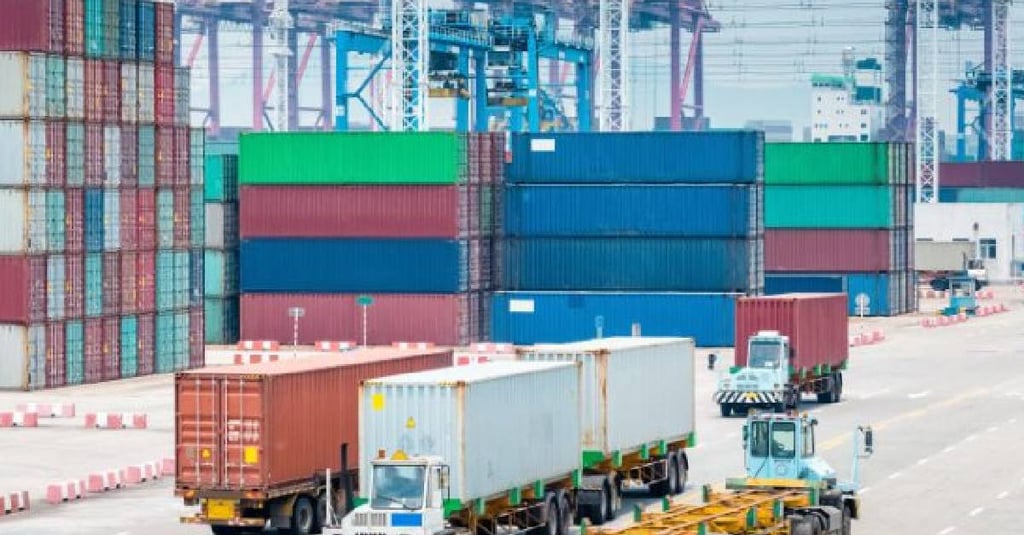Stakeholder consultation meeting to address trade and transport barriers in Eastern South Asia
On March 25, delegates are scheduled to visit Petrapole Land Port, with an opening session led by Mr. Vivek Verma, Secretary, LPAI, and Ms. Mikiko Tanaka, Director, ESCAP SSWA Office.
LOCAL


A two-day Stakeholder Consultation Meeting on "Removing Barriers to Trade and Transport Connectivity in Eastern South Asia" is being held at Petrapole and Kolkata on March 25-26, 2025. The event, organized by the United Nations Economic and Social Commission for Asia and the Pacific (ESCAP) in partnership with the Bengal Chamber of Commerce and Industry (BCCI) and the Land Port Authority of India (LPAI), focuses on addressing key challenges affecting cross-border trade and transportation in Bangladesh, Bhutan, India (North-East Region and West Bengal), and Nepal. The discussions aim to improve trade infrastructure, streamline financial transactions, and propose regulatory reforms, particularly benefiting small-scale food and agricultural exporters.
Studies conducted by ESCAP, along with previous stakeholder consultations, have identified several obstacles hampering seamless trade. These include the need for upgrading land customs stations with improved digital trade processing, warehousing, quarantine, and cold storage facilities. Service-related issues such as ease of transactions in local currencies, better payment systems, and improved facilities for transporters are also a major concern. Additionally, trade regulations that are particularly restrictive for small-scale exporters have been identified as a key challenge, affecting the livelihoods of those in underdeveloped border areas.
The consultation meetings are focusing on transit-trade corridors that connect Nepal and Bhutan with India and Bangladesh, forming part of the Asian Highways and Trans-Asian Railways networks. On the first day, the ESCAP delegation is visiting Petrapole Land Port to observe trade processing, interact with local traders, and assess the challenges faced by both businesses and government agencies operating at the border. The second day of the consultation in Kolkata will explore practical solutions to reduce trade costs and travel time while discussing alternative routes and multimodal transport systems that can be implemented. Stakeholders, including women, will share their perspectives to ensure inclusive policy recommendations.
The objective of the consultations is to prioritize trade and transport facilitation measures to enhance cost efficiency and competitiveness in regional trade. Additionally, they aim to derive reform proposals that can improve connectivity along transit-trade corridors and maximize economic benefits for traders and local communities. The discussions will contribute to shaping policies that can drive stronger regional economic integration.
On March 25, delegates are scheduled to visit Petrapole Land Port, with an opening session led by Mr. Vivek Verma, Secretary, LPAI, and Ms. Mikiko Tanaka, Director, ESCAP SSWA Office. A roundtable discussion involving customs officials, immigration authorities, testing agencies, and local traders is expected to highlight key operational challenges. The delegation will also conduct a site visit before returning to Kolkata.
On March 26, the main stakeholder consultation will take place at the BCCI Office in Kolkata. The session will begin with an inaugural address by Ms. Mikiko Tanaka and Mr. Vivek Verma, followed by a roundtable discussion moderated by Ms. Tanaka. The panel will feature industry experts, policymakers, and trade association representatives, including Prof. Mahendra Lama from JNU, Dr. Mou Sen from the MSME Department of West Bengal, and officials from the Export Promotion Cell, DGFT, and Customs.
